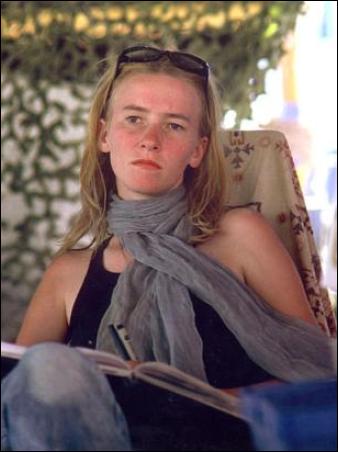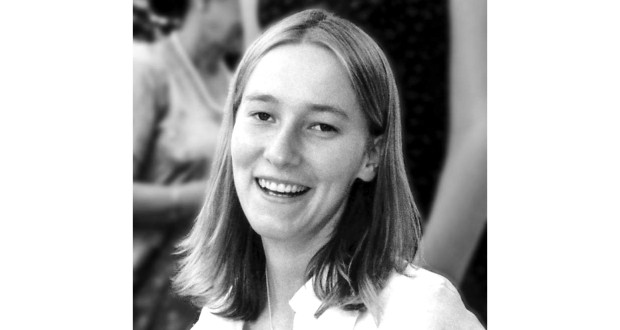Tag: Rachel Corrie
-
An email from Rachel Corrie to her parents
16th March 2016 | Rachel Corrie Foundation | Gaza, occupied Palestine February 27 2003 (To her mother) Love you. Really miss you. I have bad nightmares about tanks and bulldozers outside our house and you and me inside. Sometimes the adrenaline acts as an anesthetic for weeks and then in the evening or at night it…
-
The 13th anniversary of Rachel Corrie’s death
15th March 2016 | International Solidarity Movement, al-Khalil team | Gaza, occupied Palestine Today marks the thirteenth anniversary since the passing of fellow ISM activist Rachel Corrie (April 10, 1979 – March 16, 2003). Rachel was tragically crushed to death under the front blade of an Israeli military, American funded, Caterpillar D9R bulldozer near Rafah, in the…
-
Statement from the family of Rachel Corrie on the 12th anniversary of Rachel’s stand in Gaza
16th March 2015 |Rachel Corrie Foundation | Today, the twelfth anniversary of our daughter and sister Rachel’s stand and death in Gaza, we find ourselves back where our journey for accountability in her case began – in Washington DC. We have come for meetings at the Department of State and in Congress and, also, to join our…



